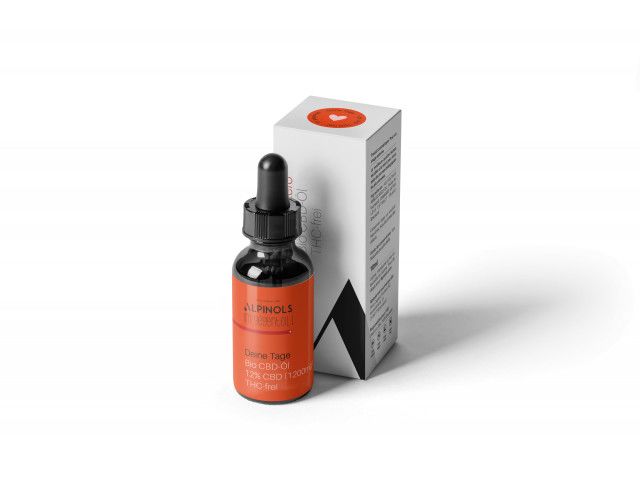In recent years, CBD oil has emerged as a potential complementary therapy for cancer treatment, sparking both hope and skepticism within the medical community and among patients alike. With claims of its ability to alleviate symptoms, manage side effects of traditional treatments, and even inhibit cancer cell growth, the buzz around CBD oil and cancer is undeniable. But what does the science really say?
Understanding CBD Oil
CBD, short for cannabidiol, is a compound derived from the hemp plant. Unlike its cousin THC (tetrahydrocannabinol), CBD is non-psychoactive, meaning it doesn’t produce the “high” typically associated with hemp use. Instead, it interacts with the body’s endocannabinoid system, which plays a role in regulating various physiological processes, including pain sensation, mood, appetite, and immune function.
Exploring the Science
Alleviating Symptoms
One of the most well-documented uses of CBD oil in cancer care is its ability to alleviate symptoms commonly associated with the disease and its treatments. Research suggests that CBD may help manage pain, nausea, and vomiting, which are common side effects of chemotherapy and radiation therapy. Additionally, CBD’s anti-inflammatory properties may offer relief from conditions such as arthritis and neuropathic pain, which can arise during cancer treatment.
Managing Side Effects
Beyond symptom management, CBD oil shows promise in mitigating the side effects of conventional cancer therapies. For instance, studies indicate that CBD may reduce chemotherapy-induced neuropathy, a type of nerve damage characterized by numbness, tingling, and pain in the hands and feet. Moreover, CBD’s anxiolytic properties could benefit cancer patients struggling with anxiety and depression, which often accompany the diagnosis and treatment process.

Inhibiting Cancer Growth
Perhaps the most intriguing area of research surrounding CBD oil and cancer is its potential to inhibit the growth and spread of cancer cells. While preliminary studies have yielded promising results in animal models and laboratory settings, the evidence in human trials remains limited. Some studies suggest that CBD may induce apoptosis (cell death) in cancer cells, inhibit angiogenesis (the formation of new blood vessels that support tumor growth), and prevent metastasis (the spread of cancer to distant organs). However, further research is needed to fully understand the mechanisms underlying CBD’s anti-cancer effects and its clinical implications. For more information, visit Disquantified, where they discuss various subjects such as CBD oil in cancer treatment.
Navigating the Hype
Despite the growing body of research supporting the therapeutic potential of CBD oil in cancer treatment, it’s essential to approach the topic with caution and critical thinking. While anecdotal evidence and preliminary studies are promising, they do not constitute conclusive proof of CBD’s efficacy as a cancer treatment. Moreover, the regulatory landscape surrounding CBD products is still evolving, with varying degrees of oversight and quality control.
Conclusion
In conclusion, CBD oil holds promise as a complementary therapy for cancer treatment, offering relief from symptoms, managing side effects, and potentially inhibiting cancer growth. However, it’s crucial to temper expectations and await further scientific evidence before incorporating CBD into cancer care regimens. Patients should consult with their healthcare providers and seek reputable sources of information when considering CBD as part of their treatment plan.

